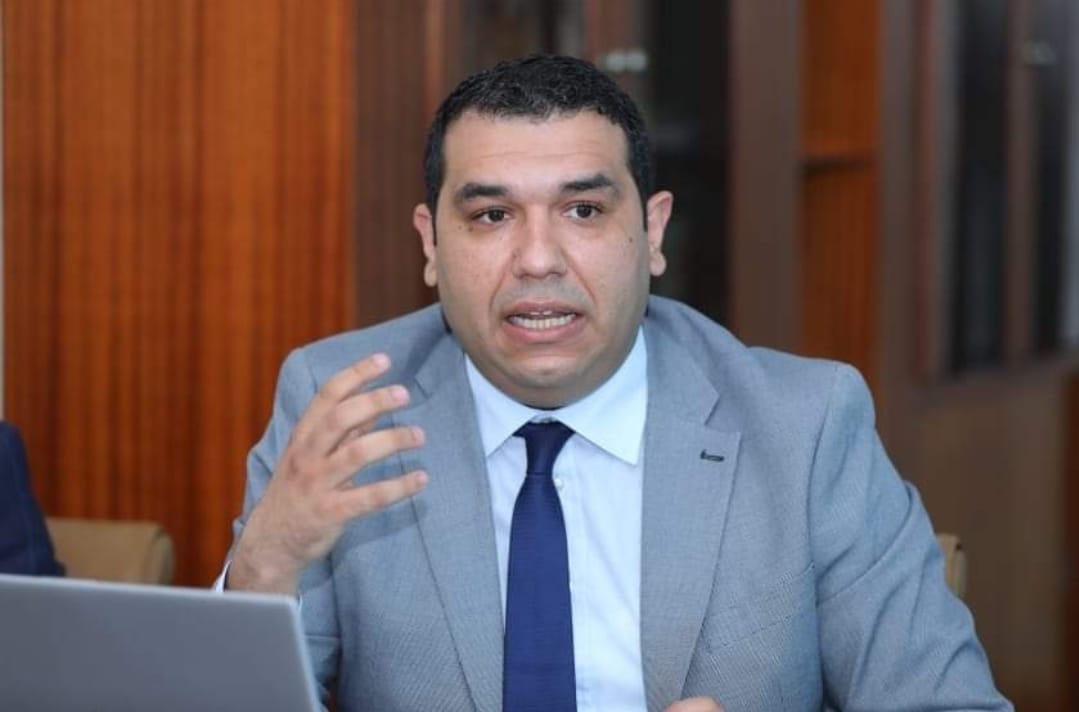|
Getting your Trinity Audio player ready…
|
By Dr. Najib SOMOUE (Financial analyst and economic expert)
The post-covid 19 world economic order will be characterized by the need to establish a solid and sustainable international cooperation framework. And the most successful economic development strategies will be those based on co-development and investment in regional value chains to accelerate the processes of economic wealth creation and the restoration of growth parameters in key sectors of each economy.
Within this framework, Morocco has launched an economic recovery strategy, focused on the investment of more than 12.3 billion dollars and the creation of the Mohamed VI fund of strategic investment which aims to contribute to the financing of major investment projects and accompany them, at the national and territorial levels, in partnerships with the private sector, and contribute through sectoral or thematic funds, to the capital of small and medium-sized enterprises.
According to Law No. 76-20, this fund will be responsible for supporting investment projects in areas deemed priorities by the Fund, through pragmatic and highly technical financial engineering in terms of monitoring and due diligence. In this same dynamic, Morocco has launched one of the best continental strategies for social protection. This program includes several components, namely the generalization of compulsory health insurance, the generalization of family allowances during the years 2023 and 2024, the expansion of the membership base of pension schemes to include about 5 million people who are employed and do not receive any pension by 2025, and the generalization of compensation for loss of employment during the year 2025 to cover anyone with a stable job
These initiatives give an idea of the gigantic dimensions of Morocco’s new development framework, and the will of his majesty King Mohamed VI to transform the mechanisms of economic growth and human development to ensure the ascension of our country in the club of emerging countries and place our economy in the top 30 by 2035.
Morocco has a strategic vision to play an important role in the dynamics of the free trade area of the African continent and aims to invest and strengthen logistics platforms, especially in the southern regions of the country, and the development of a diversified energy supply. These orientations will allow our country to be an economic bridge between the African, European, and American dynamics, and to link the Chinese Silk Road project with a market of 1.3 billion consumers. This means that Morocco would be the strategic key to the Mediterranean value chain, and this position would be strengthened by the construction of the tunnel between Europe and Tangier in the north of Morocco.
The American recognition of the Moroccanness of the Sahara and the opening of an American consulate in Dakhla (southern Morocco), are a sign of confidence on the part of the world’s largest economic power. And in this framework, the United States is committed to investing 5 billion dollars in the Sahara region with a possibility of funding up to 500 million dollars for each American company that aims to position itself in the Sahara dynamics.
This process will have positive effects on the economic performance of the region and will allow the development of several sectors of activity such as the Smart Cars sector, the metallization of “crypto-currency”, artificial intelligence, the Internet of Things (IoT), agro-industry, solar and maritime renewable energies, the maritime industry, biotechnology and several sectors of very high added value.
And to address the economic challenges of the Sahara region, Morocco launched, in 2016, the Southern Provinces Development Model, which resulted in the strengthening of the regional business climate with investments that exceeded 8 billion dollars. The projects of this development model have allowed, for example, to strengthen the road logistics axis from Stockholm-Abuja via El-Guergarate, develop the national mapping of ports with the launch of the construction of the port of Dakhla-Atlantic, diversify the provision of academic and vocational training in the region and the overall transformation of economic and social performance of the southern provinces.
The traditional partners of the kingdom, especially France, must be clear in their positions in relation to the sacred causes of Morocco, including the cause of the Sahara as his majesty said “the Sahara issue is the lens through which Morocco looks at the world”. In this sense, it should be recalled that the formula for the success of the economic recovery processes in European countries lies in the regional and continental economic dynamics that the Kingdom of Morocco creates, especially in terms of positioning in new African markets, the fourth industrial revolution, the global economic agenda of the post-oil era, the new regional value chains and the logistical and commercial axes Sao Paolo – Istanbul and London – Cape Town.
